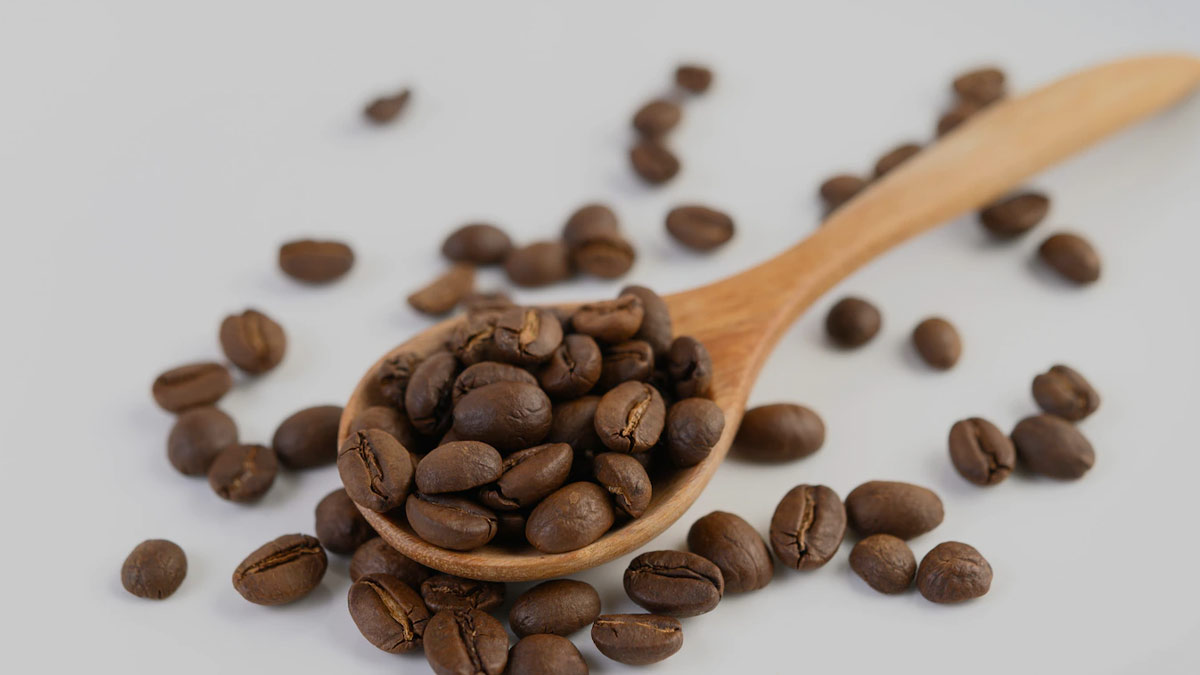
The Indian Council of Medical Research has recently updated its guidelines regarding the consumption of tea, coffee, and other caffeinated drinks. A significant aspect of the guideline focuses on the timing of consuming these beverages.
Table of Content:-
According to the ICMR, individuals should avoid drinking tea or coffee along with meals or soon after meals. Specifically, it is recommended to refrain from such drinks for at least an hour before and after eating. This advice stems from the findings that caffeinated beverages can interfere with the body’s nutrient absorption processes.
The ICMR's caution against excessive consumption is aimed at preventing these side effects and promoting healthier, more balanced dietary habits.
Impact on Iron Absorption and Cardiovascular Health
The new guidelines also highlight the effect of caffeinated beverages on iron absorption. Beverages like tea contain compounds known as tannins, which can bind to dietary iron and make it unavailable for absorption.

Also read: Role Of Caffeine In Boosting Metabolism And Burning Fat
This binding process occurs within the stomach and can significantly decrease the amount of iron that the body absorbs. Since iron is crucial for producing haemoglobin and preventing anaemia, this interaction could lead to iron deficiency and associated health conditions like anaemia, particularly in vulnerable populations such as pregnant women and children. Further, excessive consumption of caffeinated beverages is linked to several cardiovascular issues.
Regularly consuming high amounts of caffeine can lead to elevated blood pressure, which is a major risk factor for heart disease. Also, some studies suggest that high caffeine intake may cause cardiac irregularities, such as arrhythmias, although these effects are generally associated with very high consumption levels.
Daily Intake Recommendations and the Case Against Milk in Tea
To address these concerns, the ICMR has set a recommended daily caffeine intake limit of 300 mg. To give a clearer picture, a 150 ml serving of brewed coffee typically contains between 80 to 120 mg of caffeine, while instant coffee offers about 50 to 65 mg per serving.

Tea, which is slightly less potent, provides about 30 to 65 mg of caffeine per serving. These figures are crucial for individuals to consider when planning their diet and caffeine consumption through the day.
Standard caffeine recommendations, the guidelines advise against drinking tea with milk. This suggestion is based on research indicating that milk can inhibit the absorption of certain antioxidants found in tea, such as catechins, which are known for their health benefits, including improved blood circulation and a lower risk of diseases like coronary artery disease and stomach cancer. Individuals who consume tea without milk can enhance the cardiovascular and gastrointestinal health benefits.
Also read: Trying To Cut Back On Tea/Coffee?: Here Are Some Caffeine Alternatives For You
By addressing the frequent habit of adding milk to tea, the guidelines shed light on how to reap the most health benefits from tea. Overall, the ICMR’s guidelines are intended to guide the public towards healthier dietary habits that consider both the benefits and potential risks associated with caffeine.
Also watch this video
How we keep this article up to date:
We work with experts and keep a close eye on the latest in health and wellness. Whenever there is a new research or helpful information, we update our articles with accurate and useful advice.
Current Version
